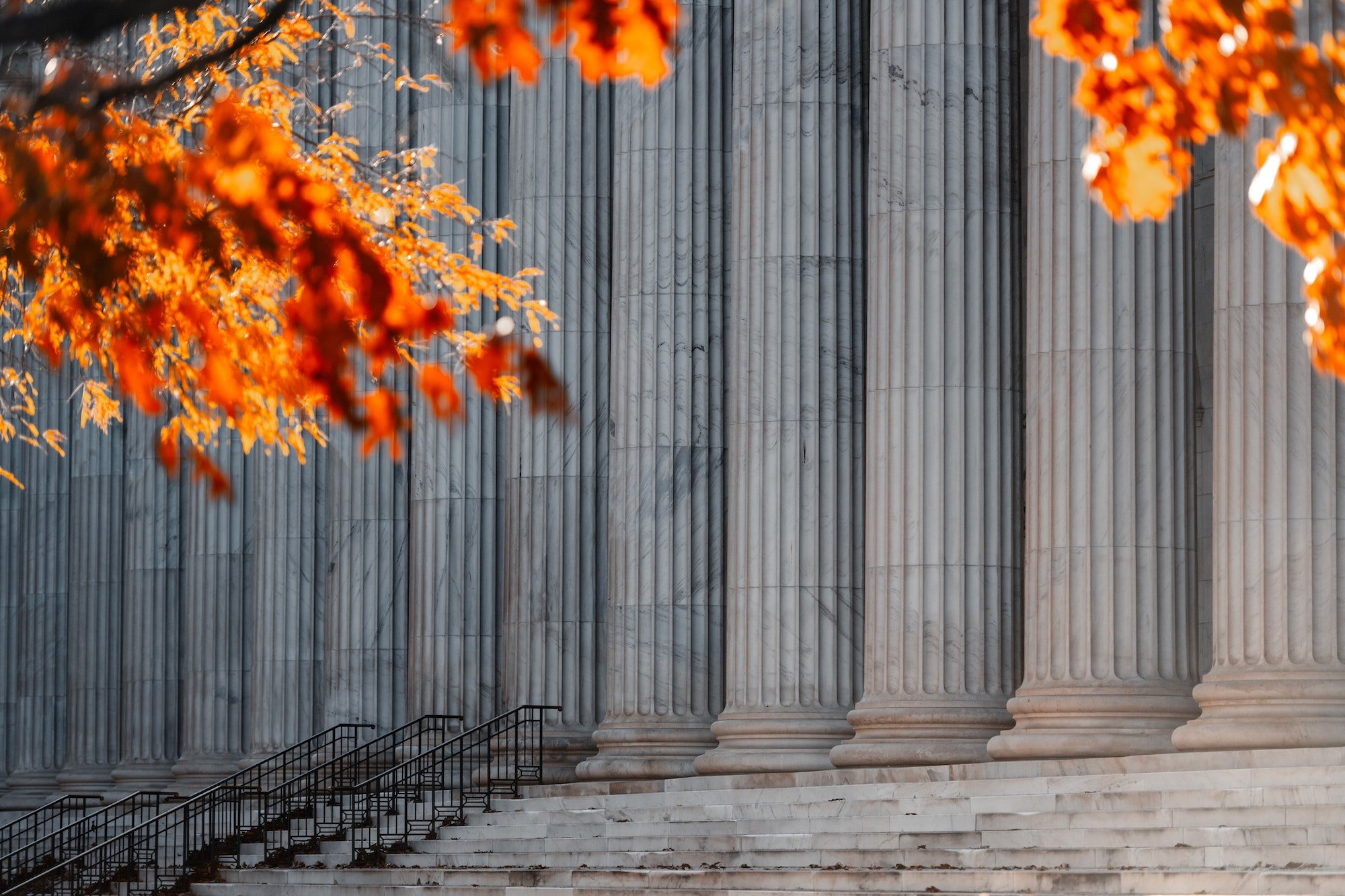Private Sector News
NLRB Reinstates Long-Standing Precedent on Severance Agreements
In a February 2023 decision, the NLRB overruled two Trump-era rulings that permitted employers to offer employees severance agreements that require employees to broadly waive their rights under Section 7 of the NLRA, and had also limited the Board’s review of severance agreements to the circumstances under which the severance agreement was presented to the employees. In the decision in McLaren Macomb, the NLRB returned to prior precedent of reviewing the language of the proffered severance agreement to determine whether the language would have a reasonable tendency to interfere with, restrain, or coerce employees’ exercise of their Section 7 rights.
California “Anti-Retaliation” law provides workers’ rights in emergencies
In November 2022, President Biden’s appointees at the National Labor Relations Board (NLRB) proposed the Fair Choice and Employee Voice rule to reestablish the “blocking charge” policy for private sector employees, and other changes related to recognition. Former president Donald Trump’s NLRB appointees changed the blocking charge policy in 2020. Before the 2020 change, the rules had been in place since the 1930s.
Biden NLRB seeks to reinstate “blocking charge” policy, voluntary recognition rules, and Section 9(a) recognition
In November 2022, President Biden’s appointees at the National Labor Relations Board (NLRB) proposed the Fair Choice and Employee Voice rule to reestablish the “blocking charge” policy for private sector employees, and other changes related to recognition. Former president Donald Trump’s NLRB appointees changed the blocking charge policy in 2020. Before the 2020 change, the rules had been in place since the 1930s.
President Biden Signs Comprehensive, Labor-Friendly Federal Inflation Reduction Act
On August 16, 2022, President Joe Biden signed the Inflation Reduction Act of 2022 into law. The Act allocates federal funds and provides new tax credits for a variety of initiatives, from fighting climate change to lowering health care costs.
AB 204 Provides Health Care Workers Community Clinic Retention Bonus
As part of California’s health care spending budget for the coming year, Governor Gavin Newsom signed legislation that awards $1,000 each to employees of community health clinics, in the form of a one-time bonus.
AB 2188 Gives Greater Employee Protections Related to Cannabis Use Outside of Employment
Governor Newsom signed into law on September 19, 2022, Assembly Bill 2188 that provides greater protections to employees against discipline based on the results of drug tests that show cannabis use away from work.
California “Pay Transparency for Pay Equity Act” Addresses Pay Gaps (SB 1162)
On September 27, 2022, Governor Gavin Newsom signed into law Senate Bill 1162, also known as the Pay Transparency for Pay Equity Act, to tackle discriminatory pay gaps in the workforce. California will now be the largest state where job applicant pay information will be mandated by law.
Public Works Definition Expanded to Include On-Haul of Construction Material Integrated Into the Construction Process (AB 1851)
Assembly Bill 1851 expands the definition of “public works” to include on-hauling of construction material if the “individual driver’s work is integrated into the flow process of construction.” In doing so, AB 1851 codifies the legal precedent in this area, most notably O. G. Sansone Co. v. Department of Transportation (1976) 55 Cal.App.3d 434.
California to Create Online Database of Electronic Certified Payroll Records for Public Works Construction Accessible to Joint Labor-Management Trust Funds and Committees (SB 954)
Under existing law, contractors on public works projects must pay their construction worker employees the prevailing wage for the appropriate classification of work. Contractors are also required to provide electronic certified payroll records that reflect this correct payment to the Labor Commissioner on a monthly basis, per California Labor Code §§ 1771.4 and 1776 (“eCPRs”).
SB 755 Will Provide Prospective participants in job training services with information on program effectiveness
Under current law, the California Workforce Development Board (“CWDB”) is required to conduct an evaluation of workforce program outcomes as required and permitted by various local, state, and federal laws. The CWDB uses wage and employment data from the California Employment Development Department (“EDD”)—which administers state unemployment—to conduct such evaluations.
Worker Cooperatives Take Center Stage in Economic Recovery Bill (AB 2849)
On September 29, 2022, Governor Newsom signed Assembly Bill 2849—the Promote Ownership by Workers for Economic Recovery Act—into law.
In California, premium pay owed for missed meal and rest breaks constitutes “wages,” giving rise to penalties for failure to pay those wages or include them on employee wage statements
On May 23, 2022, the California Supreme Court ruled that premium pay owed by employers to employees for missed meal or rest breaks is “wages” owed. Because these premiums constitute wages, under state law employers owe associated waiting time and inaccurate wage statement penalties for the failure to pay those premiums to employees.
The Rise of Mass Individual Arbitrations
Emboldened by a string of anti-worker, anti-consumer U.S. Supreme Court rulings, American corporations have widely adopted contractual provisions that force their employees and customers to resolve disputes through private, often- confidential arbitration proceedings rather than in open court.
Supreme Court Hands Rare Win to Airline Cargo Handlers Over Forced Arbitration
On June 6, 2022, the U.S. Supreme Court unanimously held in Southwest Airlines Co. v. Saxon that the Federal Arbitration Act (FAA) does not apply to airline cargo handlers because they belong to a “class of workers engaged in foreign or interstate commerce” and are therefore exempt from coverage under Section 1 of the Act.
When Are Furloughed Workers Entitled to Vacation Payouts in California?
California law entitles employees to all wages owed at the time of termination, including accrued but unused vacation time. (Cal. Labor Code Section 227.3.) This rule sounds simple enough, but what about situations where the issue of termination is uncertain?

